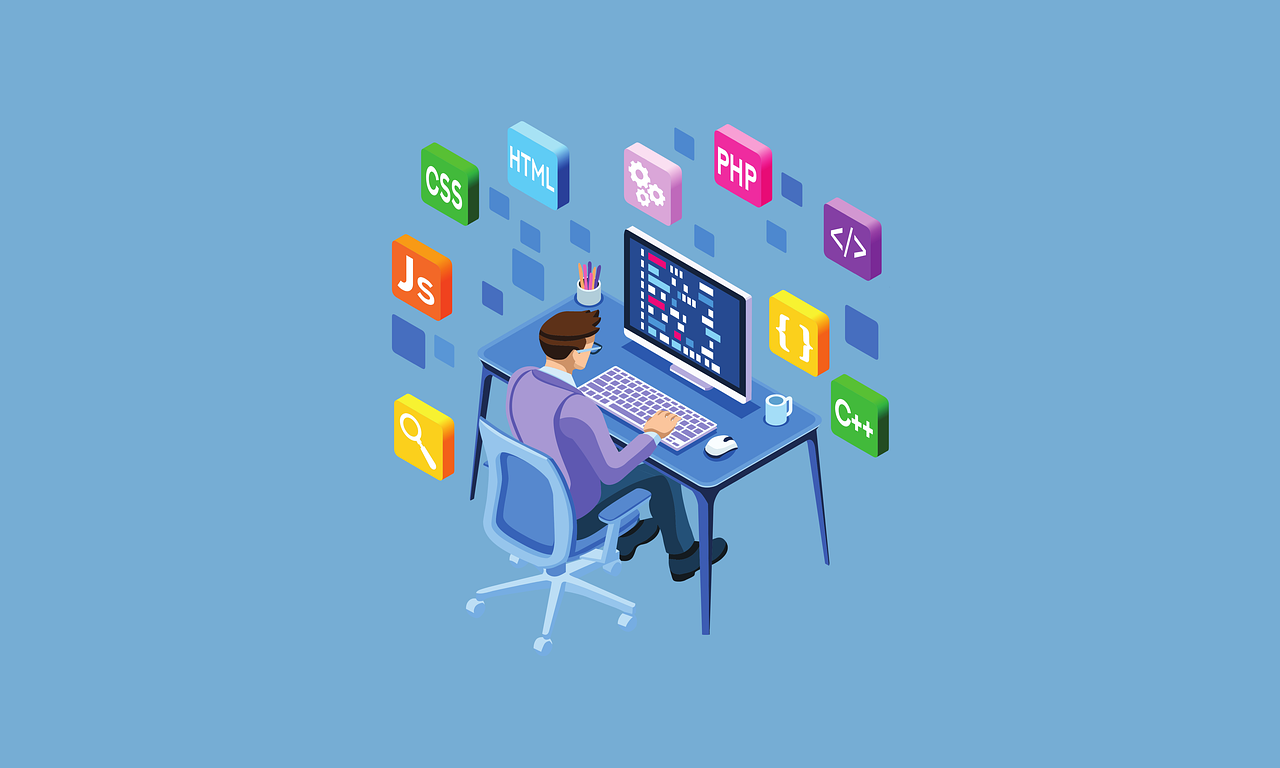4 Digital Tools Transforming Creativity in Software Development
Software development has evolved significantly over the years. The transformation is remarkable from manual coding in assembly language to using sophisticated programming languages.
Technology has significantly simplified complex tasks and enhanced collaboration among developers. Now, teams can brainstorm, prototype, and deploy faster than ever.
Digital tools also empower creativity by automating repetitive processes and providing intuitive interfaces. If you are curious about how these advancements reshape the creative landscape of software development, keep reading to discover innovative tools that make a real difference.
1. Figma Enhancing Collaborative Design
Figma is a powerful digital tool that transforms creativity in software development. It is an online interface design application that allows teams to collaborate in real-time, breaking down traditional barriers.
With Figma, developers and designers can work together seamlessly, making immediate changes visible to everyone involved. This instant feedback loop encourages creativity and innovation. The platform's easy-to-use design tools enable users to create high-fidelity prototypes without extensive coding knowledge.
Integration with various plugins further expands its functionality, allowing for custom features tailored to specific projects. Figma ultimately transforms how teams approach design challenges and promotes a more collaborative workflow.
2. GitHub Revolutionizing Version Control
GitHub stands out as another revolutionary platform in software development. It offers robust version control and collaboration features that help teams manage code efficiently. Developers can track changes, revert to previous versions, and branch off projects without losing progress.
This flexibility allows for experimentation and innovation while ensuring project integrity. GitHub's social features foster community engagement, enabling developers to share ideas and learn from one another.
Moreover, its integration with various CI/CD tools streamlines the deployment process. This powerful combination makes GitHub an essential tool for creative teams looking to maximize productivity while maintaining high-quality standards in their software projects.
3. Trello Streamlining Project Management
Trello complements the collaborative environment established by tools like GitHub. It is an intuitive project management platform that helps teams organize tasks visually. Users create boards representing projects and cards for individual tasks, allowing for clear progress tracking. This visual approach enhances communication and transparency among team members.
With features such as deadlines, checklists, and file attachments, Trello ensures everyone stays aligned on responsibilities. Ultimately, it empowers creative teams to focus on delivering quality work while keeping projects organized and on schedule.
4. Mixbook Empowering Visual Creativity
Mixbook adds a new dimension to the creative process in software development. This user-friendly online scrapbooking platform allows teams to create stunning visual projects without requiring advanced design skills. Users can choose from thousands of templates and assets, making it easy to bring ideas to life.
With features that support collaboration, team members can share designs in real time and provide feedback instantly. You can even design your digital scrapbook within the platform, capturing memories creatively.
Looking Ahead in Software Development
The software development landscape continues to evolve, driven by innovative digital tools that enhance creativity and collaboration. As teams adapt to new technologies, they unlock opportunities for more effective workflows and impactful designs.
The future holds exciting possibilities for those who leverage technology creatively in their development efforts, paving the way for groundbreaking advancements.
